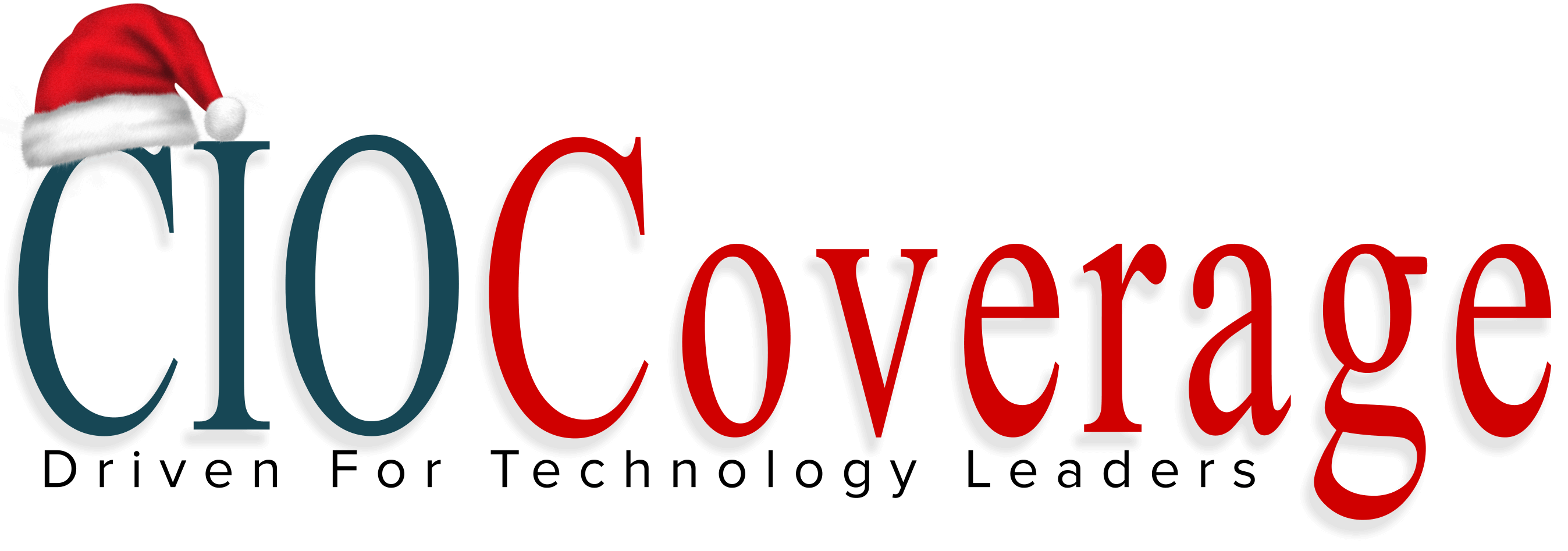 The healthcare sector has made incredible discoveries and crossed stellar milestones. However, despite constant research and development, cancer remains a looming threat. Even though the oncology department has made waves regarding cancer treatment, oncologists and patients still require better cures. As an innovative molecular diagnostic company, CureMatch uses personalized medicine and combination therapy to advance cancer solutions.
The healthcare sector has made incredible discoveries and crossed stellar milestones. However, despite constant research and development, cancer remains a looming threat. Even though the oncology department has made waves regarding cancer treatment, oncologists and patients still require better cures. As an innovative molecular diagnostic company, CureMatch uses personalized medicine and combination therapy to advance cancer solutions.
CureMatch helps oncologists select cancer drugs tailored to individual patient needs based on molecular tumor profiles. The digital health company empowers cancer specialists with personalized medicine and equips them with actionable intelligence toward advanced cancer treatment options. CureMatch aims to provide oncologists with clear, accessible, and predictive treatment analysis that caters to different types of cancers and stages. Every case is unique, and CureMatch understands that.
The molecular oncology department encounters various roadblocks that prevent oncologists from finding suitable solutions and tools to counter-attack and permanently cure cancer. Despite academic research writing papers on disease detection and identification, development also depends on personalized medicine—the current healthcare landscape lacks the latter. CureMatch provides its partner oncologists, cancer centers, NGC labs, and concierge medicine providers and their patients with effective cancer tools.
CureMatch leverages its advanced proprietary algorithms and extensively curated report of genomic, historical, and patients’ personal data to create a customized ranking of genomically matched combination treatments for consideration. The company develops the right combinations of cancer therapies that match the biology of an individual tumor to target as many genomic biomarkers as possible. These combinations attack cancer-driving genomic biomarkers with calculated impact.
Using its platform, CureMatch identifies the proper cancer treatment for the patient. The CureMatch product sorts through millions of cancer therapy combinations to hit cancer’s genomic driver—something that is challenging without the right tools. However, CureMatch uses its years of expertise, knowledge, and AI-powered proprietary algorithm to match the best drug combinations to fight cancer, increasing the chances of progression-free survival (PFS) and overall survival (OS).
“So there’s this conception that, you know, any digital health company, they have to connect to these big systems, right? We don’t need to do that. The only input we need is that next-generation sequencing panel that’s done to the layperson,” said Navid Alipour, CEO of CureMatch Inc.
It is vital to start the cancer treatment immediately after the initial diagnosis to prevent it from spreading further. However, choosing the proper therapy despite overwhelming and financially draining procedures is equally crucial. CureMatch suggests the right cancer treatment compatible with a patient’s individual tumor to avoid potential unnecessary toxicities and unaffordable medicines that have little to no effect on cancer.
CureMatch takes charge of the cancer treatment process once a patient’s Next Generation Sequencing (NGS) tumor profile and Liquid Biopsy results are generated. The CureMatch results will provide relevant information to the oncologist regarding the tumor, such as its size, type, and threat level. This information helps doctors plan tailored action plans that accelerate cancer treatment.

The San Diego-based molecular diagnostic company curates a customized treatment plan in five steps. The first stage entailed the care team uploading the patient’s tumor and liquid biopsy results into CureMatch’s portal, and then analyzing the data to filter, rank, and score cancer therapy combinations. The third step includes modifying the therapies according to individual tumors. Stage four comprises sending the report to the care team, leading to step five, which is care team doctors reviewing the results and devising a plan.
Malignancies are complex molecular challenges that gain resistance with each therapy session. CureMatch hypothesized that advanced cancer treatments would become more effective after matching the offerings. To expand on its research, CureMatch enrolled 145 patients with newly diagnosed metastatic, poor prognosis cancers in a cross-institutional prospective study.
After performing genomic profiling and assessing PD-L1 immunohistochemistry, tumor mutational burden, and microsatellite status, CureMatch successfully and safely evaluated the disease control rate, progression-free survival, and overall survival.








